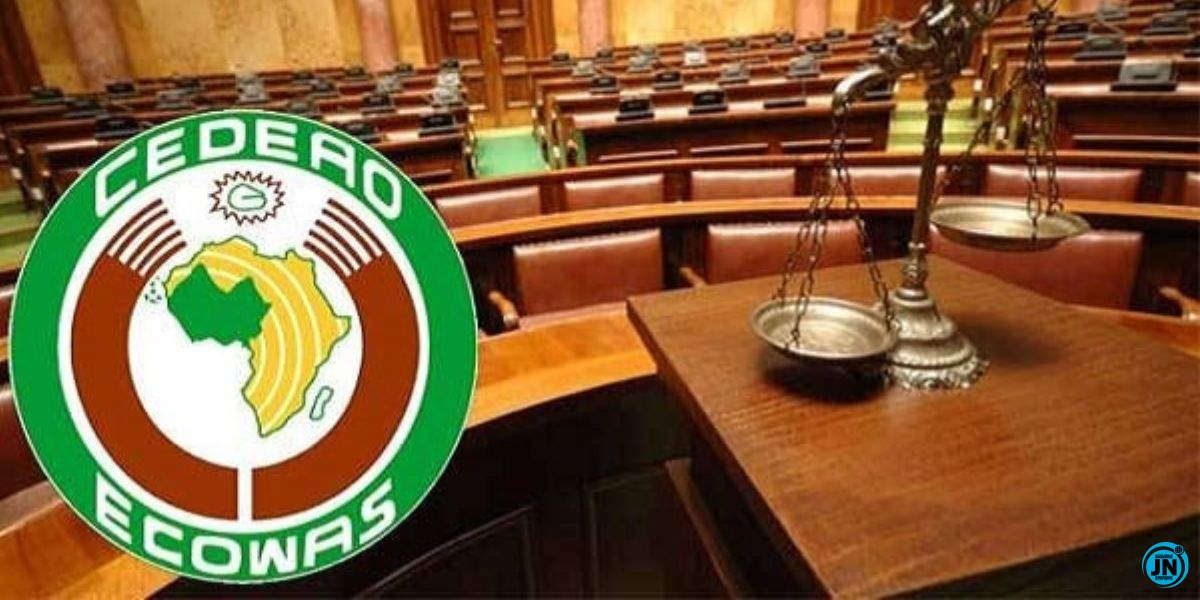
The ECOWAS Court has officially dismissed a lawsuit filed by two non-governmental organizations (NGOs) against the Federal Republic of Nigeria concerning the widespread devastation caused by the 2012 and 2022 Lagdo Dam floodings. The court ruled that the applicants lacked the necessary legal standing to proceed with the case.
The case was initiated by the Incorporated Trustees of Prince and Princess Charles Offokaja Foundation, Nigeria, along with its Swiss counterpart. The NGOs sought to hold the Nigerian government accountable for failing to construct a buffer dam in Adamawa State that could have mitigated the effects of excess water released from Cameroon’s Lagdo Dam.
According to the applicants, Nigeria’s inaction in building a dam led to catastrophic flooding across 14 states, causing significant loss of lives, large-scale displacement, and severe economic hardships for affected communities. They argued that had the Nigerian government constructed a dam, it could have reduced the impact of the floods, facilitated irrigation for agricultural purposes, and provided hydroelectric power generation.
Delivering the court’s decision, Justice Sengu Koroma ruled that the NGOs lacked the legal capacity to bring the case before the ECOWAS Court. Specifically, the Swiss NGO was deemed ineligible to file a case within the jurisdiction of the court, while the Nigerian NGO failed to meet the necessary criteria for public interest litigation. The ruling emphasized that the applicants did not present specific individuals who were directly affected and whose fundamental rights had been violated by the alleged government inaction.
“Although the applicants referenced a broad category of victims, the court could not identify specific individuals whose rights were allegedly violated,” Justice Koroma stated while delivering the ruling.
The Nigerian government defended itself by presenting evidence of its past and ongoing measures to address the flooding issue. The defense cited a feasibility study conducted as far back as 1982 and a recent 2024 Senate resolution calling for the dredging of the Rivers Benue and Niger to improve water flow and flood control. The government also reaffirmed its commitment to managing flood risks and strengthening cooperation with Cameroon to minimize future disasters.
The case was presided over by a panel of three justices: Justice Sengu Koroma, Justice Dupe Atoki, and Justice Edward Asante.

